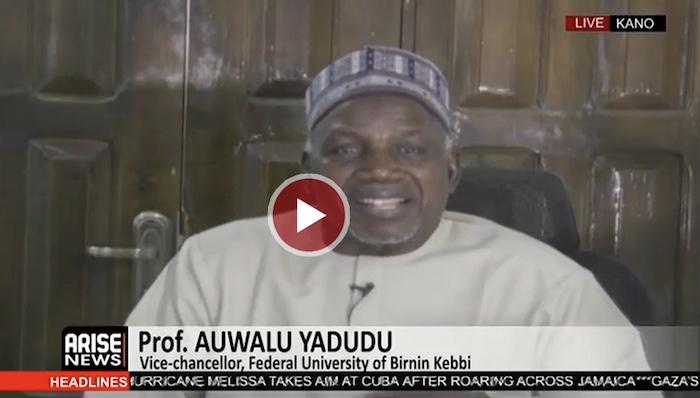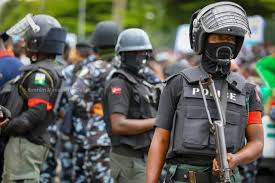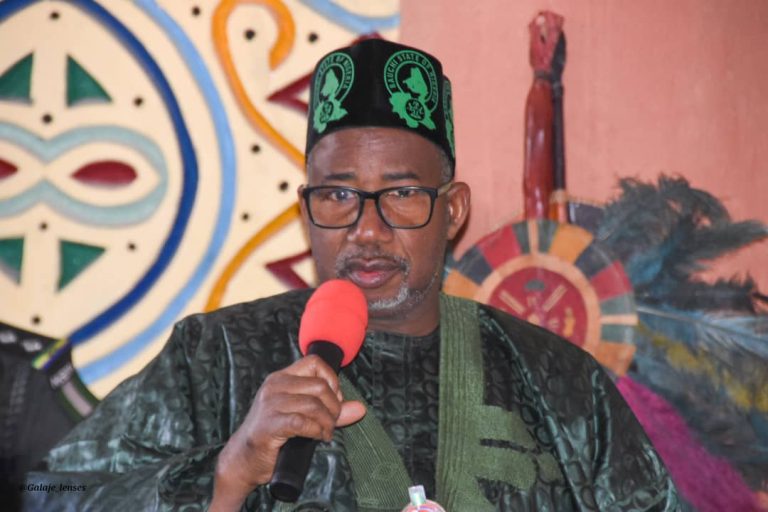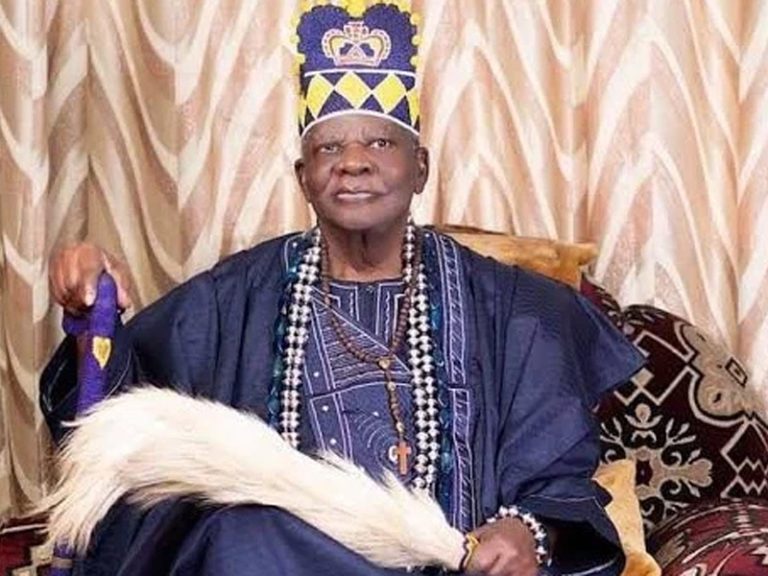
Vice-chancellor, Federal University of Birnin Kebbi, Prof. Auwalu H Yadudu has emphasised that the increase in electoral disputes in Nigeria stems from violations of electoral law and dissatisfaction with outcomes, rather than deliberate manipulation by election officials or academic returning officers.
Speaking In an interview with ARISE NEWS on Wednesday, addressing the recent comments by the new INEC chairman, who pledged to ensure that elections are “won and lost at the polls” and to reduce litigations, noting that while the ambition is admirable, the reality of Nigeria’s electoral system means courts will always play a role when legal procedures are not followed.
“To me, I think it is not within his range to decide or even to insist that elections are decided exceptionally or maybe only as the voting vote. Indeed, elections are decided at the ballot box.”
Yadudu explained that courts are not in the business of deciding elections independently, their involvement occurs when parties invoke their jurisdiction to address alleged breaches.
“Courts are not deciding disputes on their own. Their jurisdiction is invoked and disputes are discussed before them and cases met, and they have to rule on the basis of the law argued before them,” he added.
According to him, the recourse to courts reflects candidates’ dissatisfaction with outcomes, whether at the primary stage or after general elections, rather than systemic corruption among election managers. “Why decisions go to court is because politicians are uncomfortable. They are not agreeable to either the outcome of the primary election leading to the actual election or some rules and regulations, some steps, some procedures that are necessary to conduct an election are not followed.”
Yadudu also spoke on the role of retired officials, academics, and vice-chancellors who often oversee elections at state levels, arguing that these individuals simply collate and announce results provided by the electoral process. “They don’t cook up the numbers. They only read out what has been collated and they make a declaration one way or another.”
He acknowledged the rare cases of rogue election commissioners, citing an incident in Adamawa State, but clarified that these exceptions should not define the entire system.
“I agree with you, there can be rogue election commissioners, as we have seen in the case of one in Adamawa State who went berserk and decided to declare without authority the winner of an election.”
On the subject of rising court cases following elections, Yadudu said, “It has less, in my view, to do with who presides over the candidate election manager, but more to do with the outcome. An individual who has contested an election felt he was unfairly cheated out, and the procedure was not followed, the law was violated. The only recourse he has is to speak for a determination by a court of law, and he has a perfect basis to do so, because the constitution gives them the power to do so.”
He also addressed concerns about voter inducement, highlighting recent statements by political figures offering monetary rewards or incentives to sway voters. “I do know, and I can vouch, his statement that voters are induced, and induced in a manner that is even ridiculous, you need to educate the electorate, and you need to have people who are principled, and that even when they are approached by those who are compassionate with election, they can get whatever it is that they are given and really allow their conscience to act on them.”
To strengthen accountability, he proposed constitutional and legislative reforms. “I would like to see the Constitution and the Electoral Act amended in such a manner that it makes election commissioners and any other election officials answerable to the national election manager. That way they will be able to take charge, they’ll be able to exercise their control, and there has to be a very excited and well-organised way of dealing with election malpractices.”
Yadudu clarified his academic standing regarding administrative positions. He said, “Yeah, the truth is that I was offered the appointment as Vice-Chancellor at the University of Kirby, I declined. I didn’t reject.”
Erizia Rubyjeana



